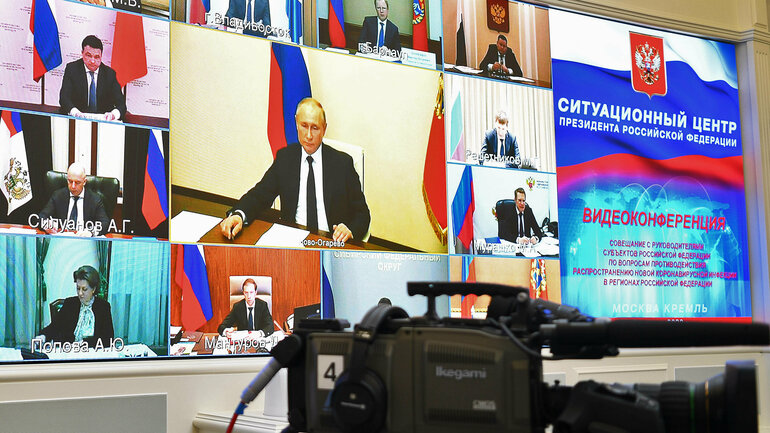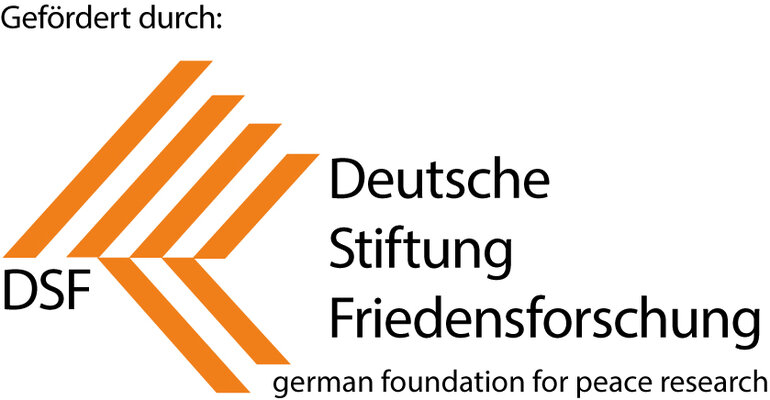The Implications of War for Centre-Regional Relations and Territorial Stability in Russia
The Implications of War for Centre-Regional Relations and Territorial Stability in Russia

Project description
For the Russian leadership, domestic stability is a prerequisite for continuing the war against Ukraine. Given Russia’s exceptional size and diversity, territorial stability – the maintenance of the current model of centre-regional relations – will remain the most significant dimension of Russia’s domestic stability. Without the full support and loyalty of the regions, Moscow will not be able to continue the war. The main aim of this project is to test the stability/resilience of the model of centre-regional relations in Russia in the context of Russia’s aggression against Ukraine.
The originality of the project lies in its combination of several new scholarly literatures on the functioning of modern autocracies. The theoretical framework is three-fold. First, it draws on the literature that assumes that for modern authoritarian regimes, institutions originally designed for democracies (like elections, or federalism and decentralisation) serve as instruments to sustain a degree of domestic and international legitimacy. Second, the project is based on the literature that shows the interaction between institutions and the interdependence of their effects. Third, the project draws upon the literature that explains the institutional stability and durability of modern autocracies and their resistance to reforms.
The project seeks to identify, trace, analyse and explain the changes to Russia’s centre-regional model prompted by the war against Ukraine and the sources of its territorial stability. These changes can either strengthen the current model or contribute to its weakening, erosion and fragmentation. The changes under consideration are:
- Changes to institutions (rules) that structure the model;
- Changes in the attitudes of the elite (regional and federal) and the general public as a source for the legitimation of the current regime;
- Changes in the range of socio-economic inequalities and disparities across Russia’s regions (in particular, due to sanctions).
Looking ‘inside Russia’ is critically important for advancing academic knowledge about Putin’s regime of personal rule and providing policymakers with recommendations for shaping policy on Russia.
Key questions
-
Will Moscow be incentivised to change its approach to the regions as the war continues and anti-Russian sanctions remain in place?
-
What are the implications of a decrease in Putin’s popularity?
-
What are the cumulative effects of sanctions on the various Russian regions?
-
What strategies will regional governors pursue as an alternative to ‘unconditional loyalty’?
-
Which regions tend to accumulate the most protest potential?
Methodology
- Analysis of relevant federal laws and presidential decrees, as well as regional legislation.
- Analysis of reporting on the governors in federal and regional mass media
- Measuring economic, social, and political variation (and its dynamics) across the regions
- Case studies of certain regions
- Interviews with experts, businessmen, and journalists

![[Translate to Englisch:]](/fileadmin/media/_processed_/e/4/csm_Busygina__ZOiS__d9e477f92c.jpg
)